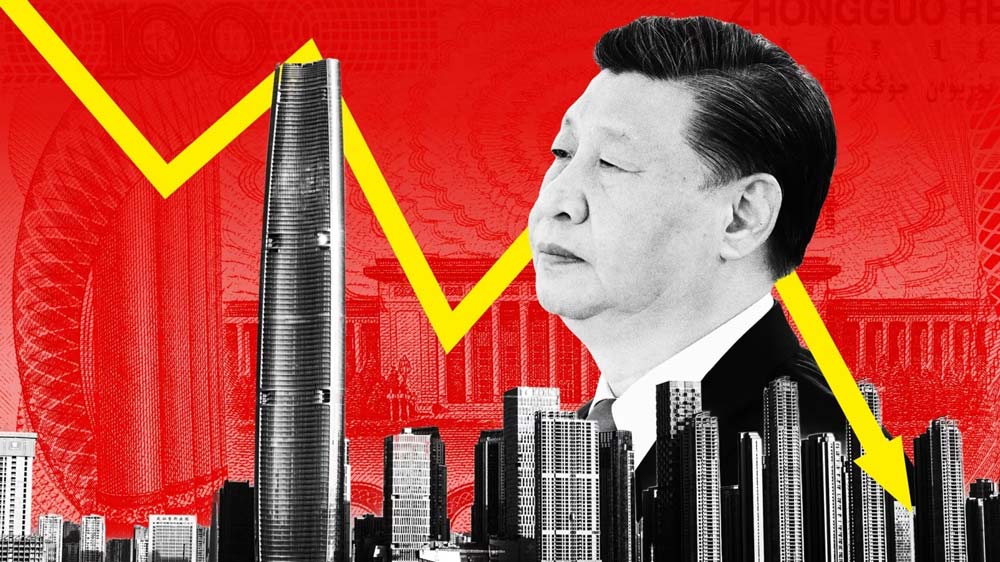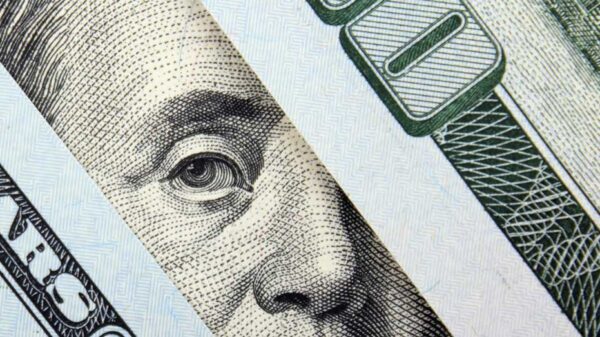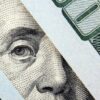In October, China experienced its slowest consumer price increase in four months, indicating ongoing economic challenges despite intensified government stimulus measures. The consumer price index (CPI) rose by just 0.3% compared to the previous year, down from September’s 0.4% rise, according to the National Bureau of Statistics. This figure fell short of expectations set by a Reuters poll, which predicted a 0.4% increase.
Stimulus Measures and Economic Impact
Beijing recently approved a significant 10 trillion yuan ($1.4 trillion) package aimed at alleviating local government “hidden debt” burdens. However, this package does not directly inject funds into the economy as some investors had hoped. Analysts suggest that the plan may not significantly boost economic activity, demand, or prices in the short term.
Bruce Pang, chief economist at JLL, noted that the impact of recent stimulus policies on domestic demand hasn’t been clear yet. He anticipates that while CPI may continue to trend upwards, core inflation will remain mild, potentially allowing for further interest rate cuts early next year.
Challenges and Expectations
Despite the measures, China’s central bank had already introduced aggressive monetary support in late September to stimulate growth. Yet, consumer spending remains tight, partly due to declining food prices and the real estate sector’s woes. With a significant portion of Chinese household wealth tied up in real estate, consumer confidence and spending are subdued, contributing to deflationary pressures.
Goldman Sachs forecasts that China’s consumer inflation will likely remain low at 0.8% next year, with producer prices not expected to turn positive until the third quarter of 2025. In October, producer prices fell by 2.9%, marking the steepest decline in 11 months.
Future Outlook
Finance Minister Lan Foan signaled forthcoming tax policies to support the housing market and efforts to recapitalize banks, suggesting more stimulus is on the horizon. However, some analysts believe Beijing may reserve further economic measures until after the anticipated political changes in the U.S. presidency in January.
Zhou Maohua, a macroeconomic researcher at China Everbright Bank, expressed cautious optimism, noting that improved consumption and investment momentum might result from better-than-expected policies. However, a full recovery in the housing market and consumer spending could take time.









